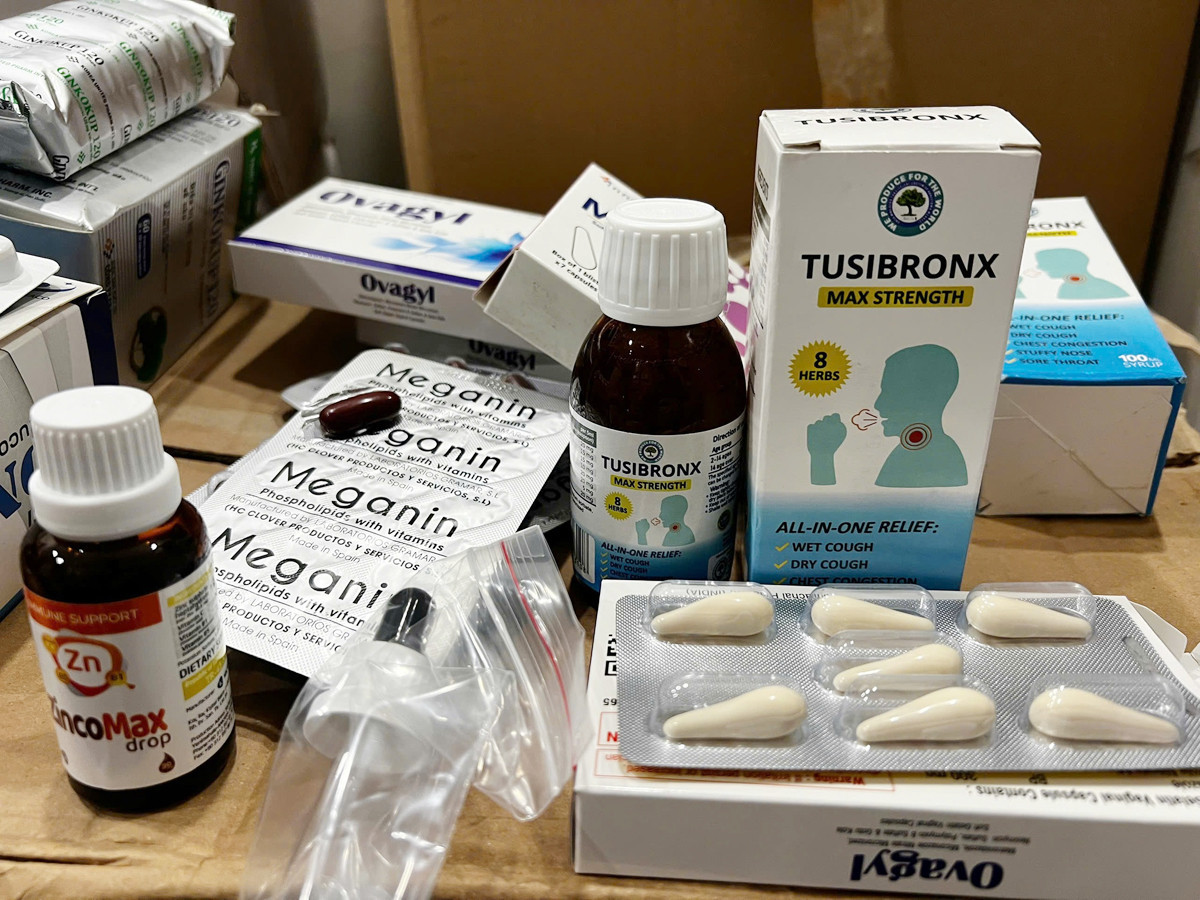Counterfeit medicines are becoming increasingly sophisticated, infiltrating even pharmacies in major cities and making it difficult for doctors to distinguish them from authentic drugs.
Sophisticated fakes leave doctors helpless

On May 23, the Drug Administration of Vietnam (Ministry of Health) issued a notice seeking the origin of a counterfeit batch of NEXIUM 40mg, a medication used to treat stomach-related illnesses.
Testing revealed that the active ingredient, Esomeprazole, was present at just 6.91 mg - only 17.27% of the declared concentration. Alarmingly, this fake drug was discovered at a pharmacy in Hanoi's Dong Da District.
According to the Law on Pharmacy, counterfeit drugs are those without active ingredients, containing incorrect substances or dosages, or bearing fake manufacturer labels. The World Health Organization (WHO) classifies counterfeit drugs as a "silent killer," especially in countries with loophole-ridden regulatory systems.
Dr. Quan The Dan, former Head of General Planning at Tue Tinh Hospital in Hanoi, remarked, “Today’s counterfeit drugs are incredibly sophisticated - from barcodes to packaging and labeling. Even doctors, using only their eyes, find it difficult to spot the differences.”
The presence of counterfeit drugs creates a vicious cycle: treatment failure, complications, increased medical costs, strain on the healthcare system, and higher mortality risks.
Associate Professor Do Van Dung from the Faculty of Public Health, University of Medicine and Pharmacy, Ho Chi Minh City, emphasized that distinguishing fake from real drugs is a daunting task largely dependent on regulatory agencies.
Counterfeit drugs not only reduce treatment effectiveness but also carry risks like drug resistance, prolonged illnesses, and severe outcomes - particularly for infectious diseases.
Pharmacist Pham Ngoc Thao Uyen of the Ho Chi Minh City Hospital Pharmacists Association noted that proper medication use - right drug, dose, and method - is essential for effective treatment.
However, the widespread sale of counterfeit drugs, prescription drugs sold without oversight, and the illegal trade of controlled substances pose significant threats to public health.
What can be done to combat counterfeit drugs?
Experts have proposed a series of comprehensive solutions. Dr. Quan The Dan recommends ramping up inspections, sampling, and strict punishment of violators to serve as a deterrent. He also encourages changes in public behavior regarding drug use:
Avoid self-medication: Refrain from buying drugs without prescriptions or consultation from a doctor or pharmacist.
Choose reputable sources: Opt for large, well-known pharmacies, ideally hospital-based, and keep receipts for traceability.
Be wary of unusually low prices: According to Associate Professor Do Van Dung, if a drug is significantly cheaper than market prices, its quality should be questioned.
Pharmacist Thao Uyen advocates for tighter control over prescription drugs to prevent them from becoming over-the-counter commodities.
She underscores the need for collaboration between the Ministry of Health, regulatory bodies, and healthcare institutions in conducting regular audits and addressing violations.
Additionally, medical personnel should receive training on proper drug dispensing procedures, and public awareness campaigns should promote safe medication practices.
Phuong Thuy